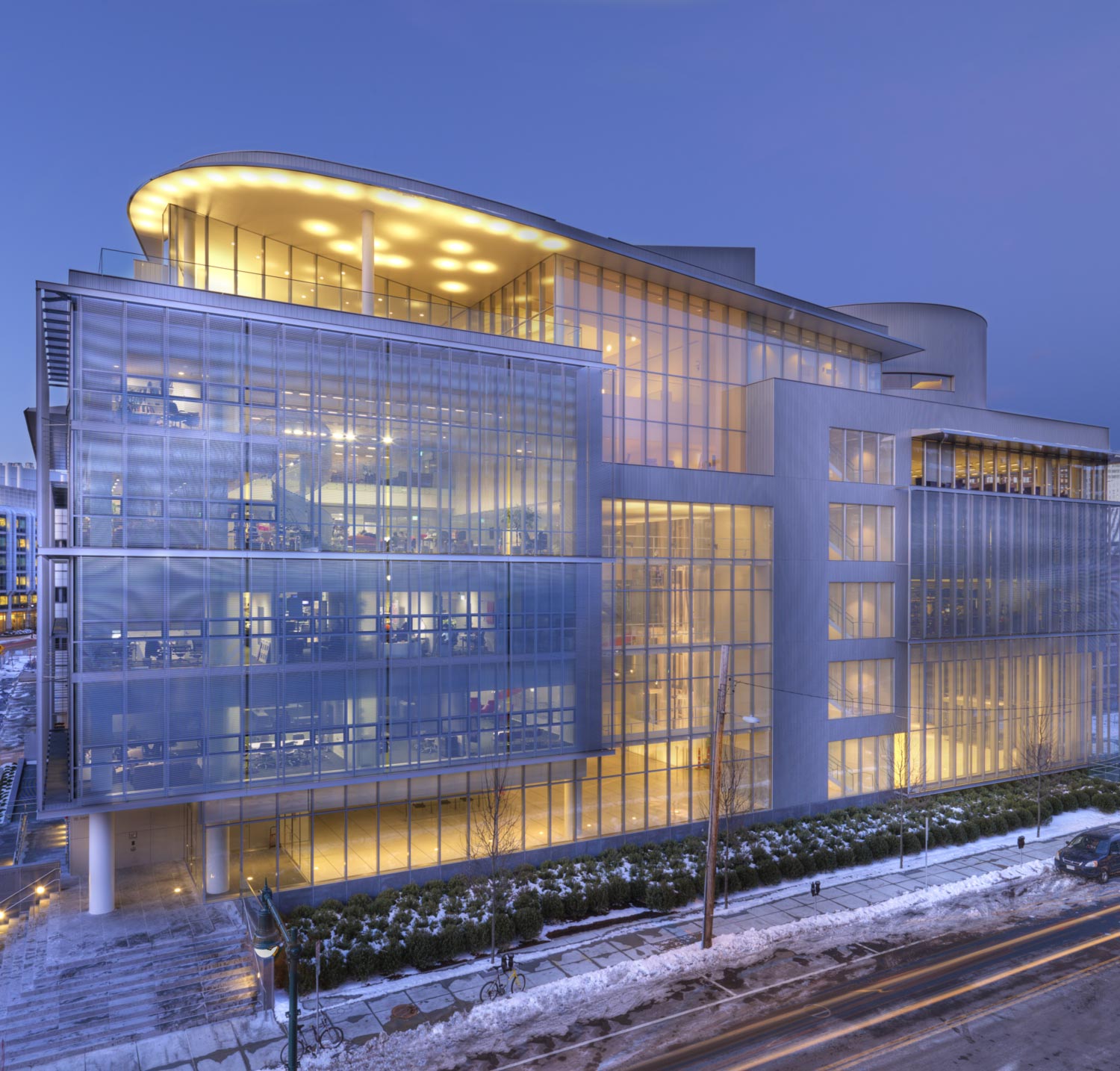Symposium: Beyond 2016
As prepared for delivery
Thank you, Professor Ochsendorf, for the kind introduction.
I want to express my gratitude and admiration to you and your co-chair, Professor Rebecca Saxe for putting together this spectacular program of MIT talent and ideas. I also want to acknowledge you and MIT’s Executive Director of Institute Events, Gayle Gallagher, for your inspired leadership of the entire Campus centennial – nearly 100 days of reflection, celebration and delight. To John, Rebecca, Gayle and the whole army of people you have organized to help – my deepest thank you! And to this wonderful audience of faculty, students, post-docs, staff, alumni, visitors, and friends, thank you for dedicating this afternoon to this preview of the future.
Last weekend was “C.P.W.” – MIT’s annual Campus Preview Weekend. It is our best attempt to show newly admitted students what MIT is all about. I have learned that, unless you bring people to campus, explaining MIT is not an easy job. I spend a great deal of time, all around the world, trying to explain MIT to people who have never been here. They often have a sense that MIT is unique and different – but they don’t know exactly how or why.
So I try explaining all kinds of things. I talk about the mission – To “advance knowledge” and “educate students” – just like any other research university. But also: to “bring knowledge to bear on the world’s great challenges” for the “betterment of humankind.” I talk about the impact – the number of Nobel Prizes, of companies formed, of jobs created. I talk about the people – intense, passionate, driven, curious. Every top research university has a handful of MIT-like people. At MIT, it is not a handful: it is everyone. And I talk about the culture –Excellence, meritocracy, boldness, persistence, a sense of play, an appetite for difficult problems, a desire to make an impact and a passion to do good for the world.
But explaining is no substitute for being here. So, for those of you who are still getting to know MIT, you are in luck! Because today’s incredible faculty talks will give you a truly unforgettable introduction.
To get you ready for them, I want to share a brief faculty story that captures the heart and soul of MIT.
The story concerns Professor “Yanni” Yannas, a materials scientist from our Department of Mechanical Engineering. In 1969, as a young faculty member, he did something very unusual for the time: he began working with a physician, then the head of the famous Shriners Hospital for burn victims here in Boston. Together they wanted to develop a new kind of bandage that would help the terrible wounds of young burn patients to heal faster. They tried…and they tried…and they tried…and they failed. The last material they tried –collagen – actually caused the wounds to heal more slowly. But they did not give up. And eventually, as they figured out why the experiment failed, they noticed something else.
When they covered a wound with collagen, what eventually grew back was not the usual stiff, tight scar tissue but soft, pliable skin. The collagen provided a scaffold, and the patient’s own skin cells filled it in. At first, their invention was called “artificial skin.” But looking back, it is clear that it was also a profound proof-of-principle: the first example of organ regeneration in adults.
In recognition of that achievement, last fall, Professor Yannas was inducted into the National Inventors Hall of Fame.
It is a beautiful MIT story. And it happens to come with a wonderful piece of advice from Professor Yannas, a single sentence that explains a great deal about the faculty talks we will hear today and about the spirit of MIT. These are his words:
“To younger faculty, I would say, ‘Go where the ignorance is maximum’…because that’s where you are going to discover the gold.”
I am delighted and grateful that, thanks to John, Rebecca and our extraordinary faculty speakers, today we have an opportunity to hear how so many areas of “maximum ignorance” are giving way to infinite progress and possibility. I can assure you, you will enjoy it. Thank you – and let’s get started!


